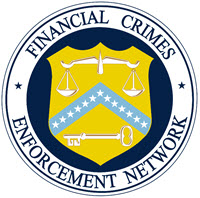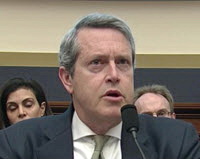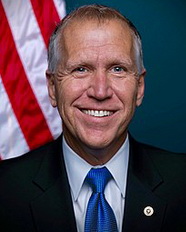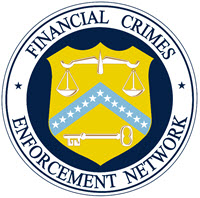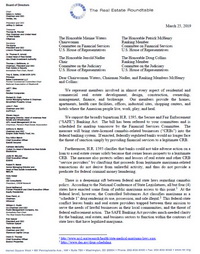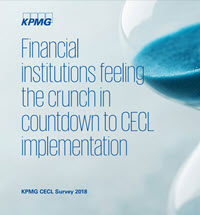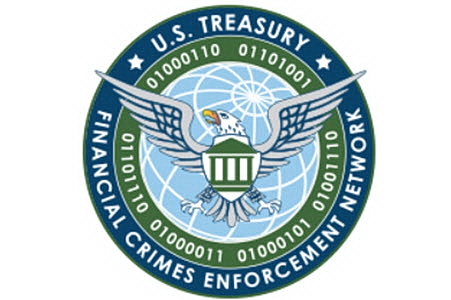
The U.S. House of Representatives on Oct. 22 passed the Corporate Transparency Act of 2019 (H.R. 2513), which would require corporations and limited liability companies (LLCs) to report their beneficial owners to the Treasury Department’s Financial Crimes Enforcement Network (FinCEN). The bill – introduced by Reps. Carolyn Maloney (D-NY) and Peter King (R-NY) – would shift the FinCEN reporting requirements from banks to the business community, requiring every business with fewer than 20 employees to register their beneficial owners with FinCEN.
- A coalition that includes The Real Estate Roundtable sent a letter June 10 to the committee’s leadership opposing the Maloney-King bill. “This legislation would impose burdensome, duplicative reporting burdens on approximately 4.9 million small businesses in the United States and threatens the privacy of law abiding, legitimate small business owners,” the letter states.
- The coalition emphasized that it supports the overall goal of preventing wrongdoers from exploiting United States corporations and LLCs for criminal gain. Yet the coalition letter detailed significant problems with H.R. 2513. (Roundtable Weekly, June 15)
- In the Senate, the Improving Laundering Laws and Increasing Comprehensive Information Tracking of Criminal Activity in Shell Holdings (ILLICIT CASH) Act was introduced in June by Sens. Mark Warner (D-VA), Tom Cotton (R-AR), Doug Jones (D-AL) and Mike Rounds (R-SD). (Homeland Preparedness News, June 12)
- Additionally, a Senate bill addressing beneficial ownership is entitled the True Incorporation Transparency for Law Enforcement (TITLE) Act (S. 1889). A coalition that includes The Real Estate Roundtable on Oct. 16 sent a letter to Senate Judiciary Committee leaders strongly opposing the bill. The letter states, “This legislation would impose duplicative and problematic reporting burdens on millions of small businesses in the United States and would threaten the privacy of law-abiding small business owners.” (Policy Comment Letter, Oct. 16)
- The Senate versions have different provisions, have not yet been the focus of a committee hearing, and prospects for a floor vote are uncertain. (BGov, Oct. 22)
- The White House budget office commented this week that the House measure “represents important progress” but said it must be improved as it moves through the legislative process. Among the steps recommended by the Administration are “protecting small businesses from unduly burdensome disclosure requirements, and providing for adequate access controls with respect to the information gathered under this bill’s new disclosure regime.”
- The statement concludes, “The Administration looks forward to continuing to engage in a bipartisan fashion with the House and Senate to address these important issues.”
The Roundtable plans to work with policymakers to stake out a balanced position on the beneficial ownership issue that would inhibit illicit money laundering activity, yet not place unnecessary costs and legal burdens on the real estate industry.
# # #


